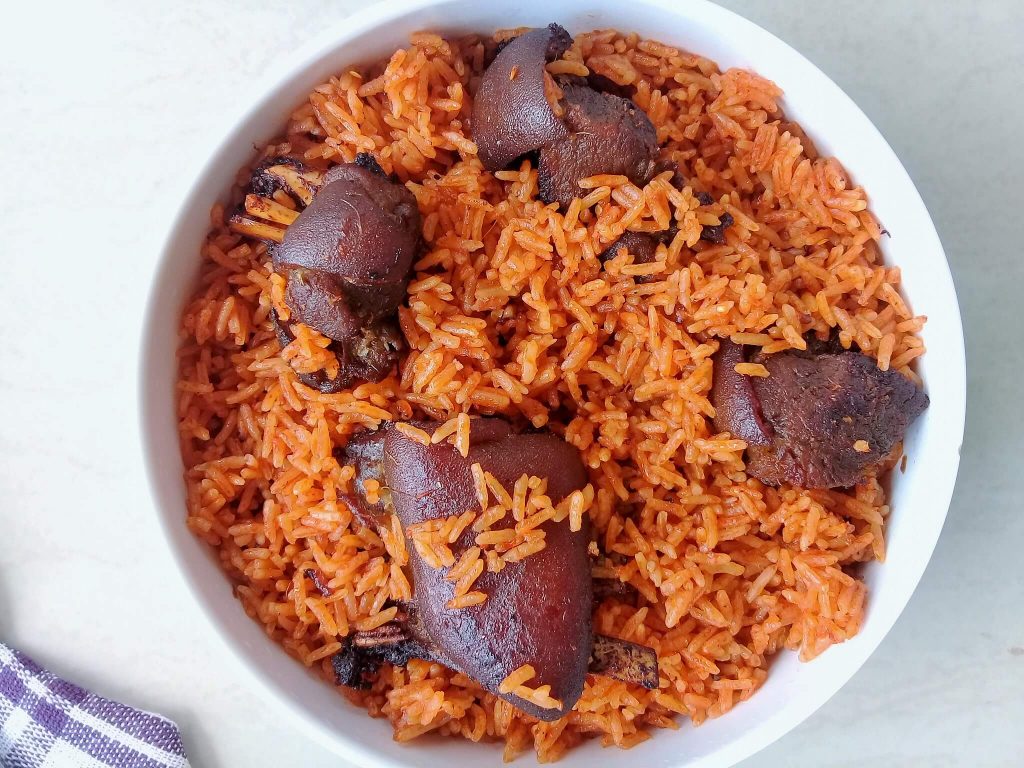
As the covid19 ravages, more and more families are sliding into desperate needs to keep up. This has prompted many good-hearted people and organisations organising food sharing and gifting schemes.
However, as good as your intent may be, it’s important to understand the psychology around giving and receiving food – especially cooked foods from strangers.
Food (cooked food) is one of the most precious yet, most delicate things to give or receive. There are different cultural and personal beliefs, values, perceptions and attitudes around cooked foods as a gift. These differences in perceptions about foods and giving at its best could enhance bonding and at worst could cause embarrassments, resentment and anger to both the giver and the receiver. Therefore it’s important to have these in mind when deciding to gift people cooked food.
Some cultures might see giving food as a thing of honour and respect while others view it as an insult. Some people can never touch food cooked by someone else. While some have certain peeves that would make them feel irksome when they’re offered cooked food. Many people do not eat certain foods or may be allergic to certain foods and ingredients.
These diverse perceptions, attitudes and beliefs around cooked food make it more tricky to want to offer anyone cooked food, more so during this time.
In my Igbo Nigeria culture, for example, giving cooked food to your guests as well as sending cooked food to your family members and friends are seen as a thing of honour and respect for both the giver and the receiver. To accept cooked food is a show of respect to the giver and to the receiver, it’s a thing of honour to be offered food.
In those days, you cannot let your guest go home without eating. It was considered a disregard not to present well-cooked food to your guests and a guest dares not eat the food presented to them. Even then, however, it was never acceptable to offer cooked food to strangers out of the blues, without any tangible reason or without them asking you to. It was seen as disrespectful to do that and may cause lots of problems and suspicion.
It was also, culturally expected that when you visit a relative, go to see a new mum, go for a party baptism, wedding, naming ceremony or even birthday or anything that will warrant celebration and gathering you must come with some form of cooked food and drinks.
During Christmas, Easter, New Yam Festivals and other community seasonal celebrations, families exchanged cooked foods. Mothers would cook their best and their children would take them to various families. Such that food would become surplus for everyone leaving no one in need. Children would feast at any nearby family freely without any inhibitions. My grandmother was a great foodie and cook. She would cook mouth-watering dishes for all the families and relatives far and wide. In fact, anywhere she sends her food, her dish would become the special one to be reserved for VIPs. She was so good. Every member of the extended family and friends looked forward to her meals at any given opportunity.
Unfortunately, as people began to travel and to take up white-collar jobs, this communal style of sharing began to recede. The elites sought to give money and other items instead and such ‘elite or educated’ women who did that were then seen culturally as oke nwayi (uncultured woman).

However, as time went on, civilisation and its associating poverty and classism came along, the dynamics around gifting cooked food among families and communities began to change. Gradually it began to shift to something of class – of showing off, who is more successful or more well off and thus, began to seem as and in fact sometimes used by some to insult or bring down others. Also, as more people began to intentionally poison their rivals through food, more and more people became more sceptical with the offer of cooked food.
Therefore people began to shy away from offering anyone cooked food without their asking for it and of course, therefore, if not properly done such offers could be seen as a letdown.
Here are some of the most acceptable ways to give cooked food without causing
- Family – Only offer cooked food to family members you have a relationship with – aunties, uncles, nephew, niece, grandchildren, grandparents – etc. There might be more depending on how your family relationships work.
Any of my aunties could from out of the blues send me cooked food and they know it will be received with all honour and happiness. Also, I could never say no to their food offers should I go to visit. In fact, it would be a disappointment to go to my aunt’s or any relatives’ house and there is no food. If I’m in a hurry, they would have to package the food to take away and vice versa. This is us, this is how our family to any known generation roll.
- Close friends. First, it’s important to know exactly where you are in a relationship with a person before you consider them or yourself friends with them. I say this because many people confuse friendship with acquaintances. If you cannot share some ‘basic’ details about you with a person if you do not know much of a person’s background, if they are not allowed to come to your house without prior arrangements, if you cannot share about some of your embarrassing needs with them, they may not be friends or may not consider you a friend. A friend is someone you can comfortably dash to their house without notice, a person you can call for any and everything. This is the sort of friend you may wish to send cook food to at any time and this time in particular.
- Invited Guest/On a visit: In my culture, it is still a thing to bring some cooked food whenever you’re invited to a gathering or when you’re visiting a family or friend. You may bring some dishes that will be shared among everyone while you are there. However, you may wish to find out from your host what they would like you to bring along.
- Frontline Professionals: Again you may have to reach out to your frontline professional friends, neighbours and relatives to see if you can help with getting them cooked food. These could be lifesaving for them. You can do this by ordering in some food for them, offering them some takeaway vouchers, or placing a request to their favourite restaurants so they know to place the bill on you. Or simply ask if you can bring them cooked food.
- To The Most Vulnerable: Regardless of where you are in this world, there are many vulnerable people around who desperately need help with especially food to hold in their tummy. These could be sick and housebound, homeless people. You can do this by contributing to your local organisations, sending out public notices in your local areas for interests, posting on social media to garner interests, take your cooked food to your nearest community centres where the homeless could come and eat or take away some packed food.
The aim here is to make sure you never cause any embarrassment to yourself or others or having to waste your food on those who do not need it and may not eat it. Time to get creative with your good heart and charity giving.
#ShareWithoutShaming
Do you have any more ideas? Share them in the comment section.












Comment